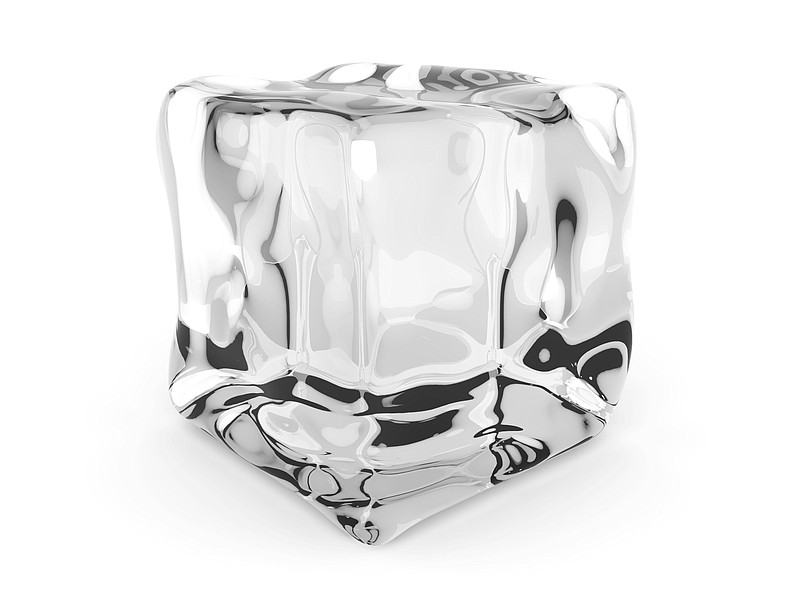Although Chattanooga isn't known for extremely cold weather or snowy winters, it's still important to prepare for the possibility of hypothermia.
Contrary to popular belief, it doesn't have to be freezing outside for a person to get hypothermia-a person's body temperature need only drop below 95 F, which can happen in weather much like our winters. In fact, most hypothermia cases develop in air temperatures between 30 and 50 degrees. If you aren't prepared while you're out on your next adventure, it could easily happen to you.
Five-Star Trails: ChattanoogaNeed a gift for the hiker on your Christmas list this season? Be sure to pick up a copy of Five-Star Trails: Chattanooga, a complete guide to Chattanooga's best hiking trails penned by outdoor writer Johnny Molloy. Available in stores and online.
Symptoms of Hypothermia
1 Shivering: Although a seemingly normal occurrence in cold weather, shivering should not be ignored. Shivering may start out mildly but can become more severe.
2 Drowsiness or very low energy
3 Slurred speech or mumbling
4 Loss of coordination: This might begin as difficulty tying one's shoelaces or zipping one's jacket, and eventually include stumbling or falling.
5 Slow, shallow breathing
6 Apathy: The person may not take care of his or her own needs.
7 Weak pulse
8 Irrational behavior: This can include things like taking warm clothing off even though they are freezing.
Hypothermia Treatment Do's
1 Do call for emergency assistance immediately, if possible.
2 Do try to go to a place where cold and wind exposure is minimal.
3 Do warm the person's trunk first, not hands and feet. Warming extremities first can cause shock.
4 Do remove any wet or cold clothing and wrap the person in dry, warm clothes or blankets. If warm, dry clothing is not available, remove yours and the victim's clothing and lie naked next to them to transfer body heat.
5 Do keep the victim awake and handle the person gently. Avoid unnecessary movement.
6 Do give them something warm (not hot) to drink.
Hypothermia Treatment Don'ts
1 Don't give them alcohol or caffeine, which can slow the warming process.
2 Don't use direct heat (heating pads, hot water, etc.) to warm the victim.
3 Don't rub the victim's arms or legs, which can send cold blood to vital organs. Also, rubbing frostbitten tissue can cause severe damage.
Be Prepared
No matter how much planning and preparation goes into your hikes, you must always be prepared in case of an event that keeps you out overnight or longer than expected. Always carry a backpack with at the very least extra food, water, rain gear, fire starting tools and layers of clothing so you can stay warm and dry in the event that something unexpected happens.
